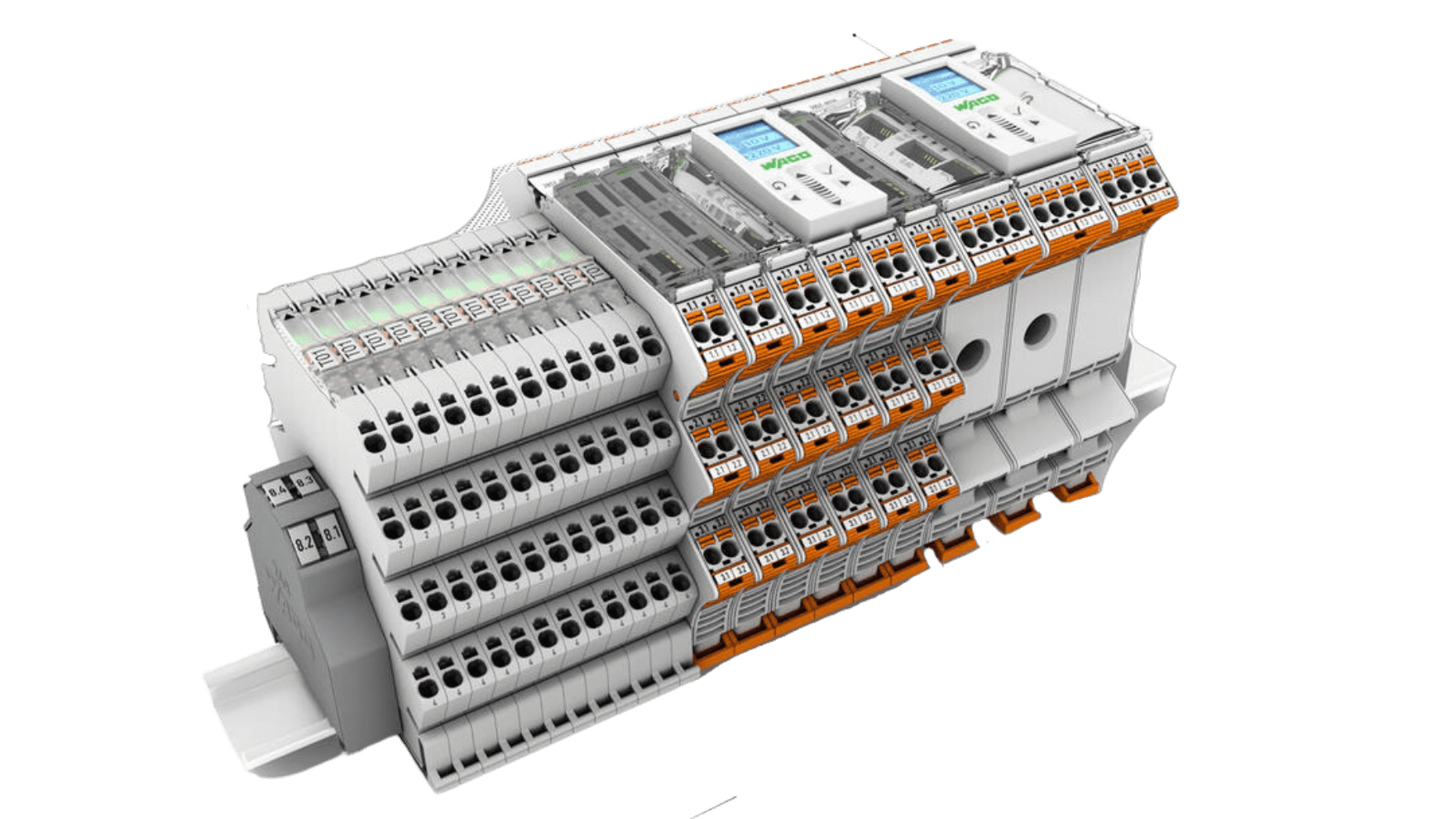
Signal conditioners are devices that convert one type of signal into another. They are used in a wide variety of applications, including industrial automation, medical electronics, and telecommunications.
There are many different types of signal conditioners available, each with its own set of features and benefits. Some signal conditioners are designed to amplify signals, while others are designed to convert analog signals to digital signals.
Why Use Signal Conditioners?
There are several reasons why you might need to use a signal conditioner:
- To amplify signals: Signal conditioners can be used to amplify signals that are too weak to be measured or processed.
- To convert analog signals to digital signals: Signal conditioners can be used to convert analog signals, such as voltage or current, to digital signals, which can be more easily processed by computers.
- To filter signals: Signal conditioners can be used to filter out noise from signals, which can improve the quality of the signal.
- To isolate signals: Signal conditioners can be used to isolate signals from each other, which can prevent interference between signals.
Types of Signal Conditioners
There are many different types of signal conditioners available, each with its own set of features and benefits. Some of the most common types of signal conditioners include:
- Amplifiers: Amplifiers are used to amplify signals. They can be used to increase the voltage, current, or power of a signal.
- Converters: Converters are used to convert one type of signal into another. They can be used to convert analog signals to digital signals, or vice versa.
- Filters: Filters are used to filter out noise from signals. They can be used to improve the quality of the signal by removing unwanted frequencies.
- Isolators: Isolators are used to isolate signals from each other. They can prevent interference between signals by preventing them from sharing a common ground.
Choosing a Signal Conditioner
When choosing a signal conditioner, it is important to consider the following factors:
- The type of signal: The type of signal that you need to condition will determine the type of signal conditioner that you need.
- The input and output signals: The signal conditioner must have the correct input and output signals for your application.
- The features and benefits: The signal conditioner should have the features and benefits that you need for your application.
- The price: The price of the signal conditioner will vary depending on the features and specifications.
Conclusion
Signal conditioners are an essential part of many electronic systems. They help to improve the quality of signals, isolate signals from each other, and convert signals from one type to another. When choosing a signal conditioner, it is important to consider the type of signal, the input and output signals, the features and benefits, and the price.
About Sahamid
Sahamid is a leading dealer of signal conditioners. We have been in business for over 58 years and have a strong reputation for quality and customer service. We are committed to providing our customers with the best possible signal conditioners at a competitive price.
Contact Us
If you are interested in learning more about signal conditioners or our other products, please contact us today. We would be happy to answer any questions you have and help you find the right solution for your needs.
About Wago Signal Conditioners
Wago is a leading manufacturer of signal conditioners. Their signal conditioners are known for their high quality and reliability. They offer a wide range of signal conditioners to meet the needs of a variety of applications.
If you are looking for a high-quality signal conditioner, Wago is a good option to consider.

